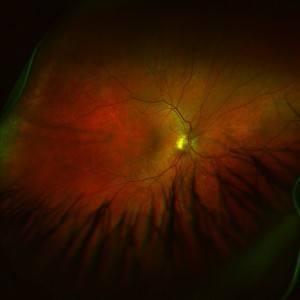
Facebook introduces new form of potentially creepy searching
Facebook unveiled this week an all-new feature for the site, a social-search function dubbed “graph search”. Until now, search has been fairly standard on Facebook. Search for a person’s name or a page, and that’s generally what you get. Facebook graph search, however, has been built to handle more sophisticated and user-tailored search results.
The basic idea behind Facebook graph search is that you can search through friends based off of their public likes on Facebook. For example, if you wanted a few restaurants nearby that your friends like, you can simply search “chinese food my friends like” and Facebook graph search will organize the results based on that.
With Facebook graph search, corporate scavenging for likes will likely increase by a significant margin. Since likes are now a publically indexed search function based on certain categories, businesses will have the incentive to get as many likes as possible to show up on as many graph searches as possible. Facebook graph search would appeal to businesses not just for increased exposure, but generally, people like what their friends like. They trust them, far more than any traditional advertisement. With Facebook graph search, companies can cash in on word-of-mouth from people’s friends even without the friends knowing they recommended something to one another.
It wouldn’t be Facebook without its share of detractors, however, and pundits immediately realized the very creepy and very possible potential of Facebook graph search. For instance, people can now easily search total strangers with likes that match your search query. You can search for people based off their alma matter. You can search people who went to Boston University and graduated in 2007 who like pepperoni pizza and The Dark Knight. And you’ll immediately know who they are. As of now, the beta testing of Facebook graph search indexes a total of four quadrants, likes, photos, profiles, and places.
An interesting facet of Facebook graph search will be the specific nature of its search results. Unlike Google, which crawls the entire internet, Facebook draws from its own in-house body of information, which includes over a billion profiles and 24 billion pictures. Given the fact that many profiles are fully-fleshed out with dozens, if not hundreds or possibly thousands of likes, Facebook graph search has the potential to completely revolutionize the way people find information online, and in real life.
Also it’s super creepy and has potential privacy issues, but that’s par for the course for Facebook. It will be one of those things where people are aghast at first, but then like two months later will find themselves using it all the time and it will be hard to imagine what life was like before it.















